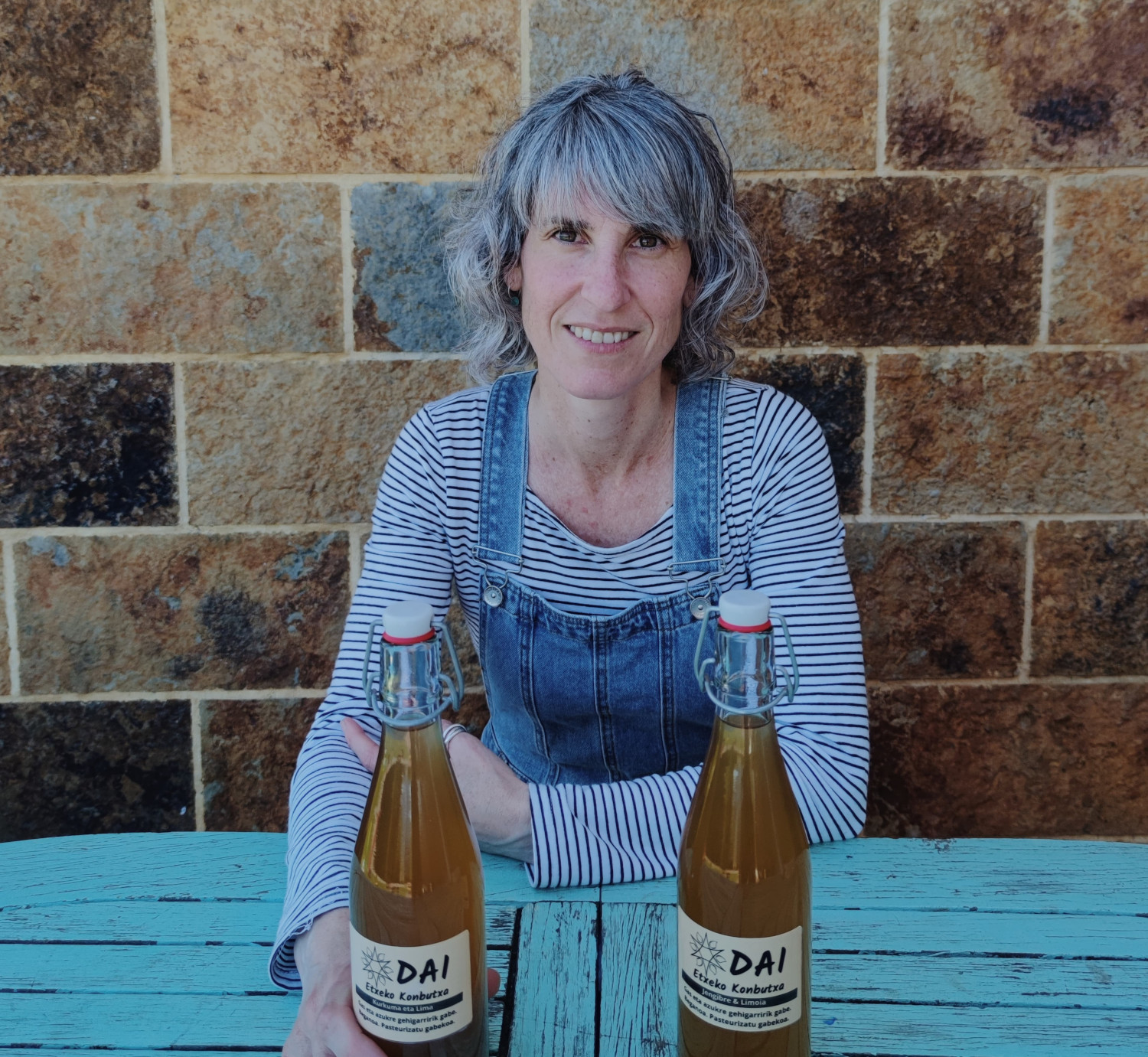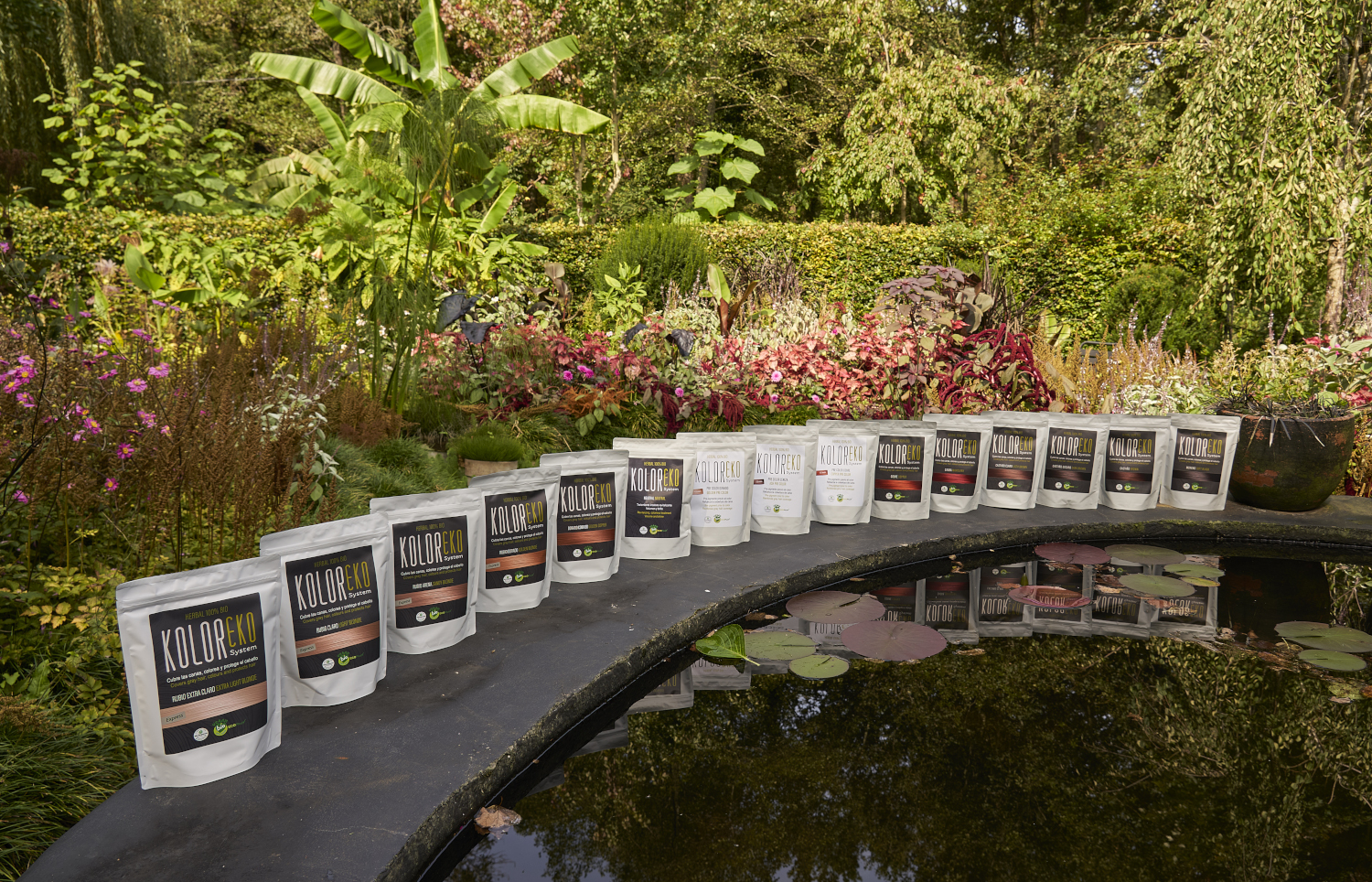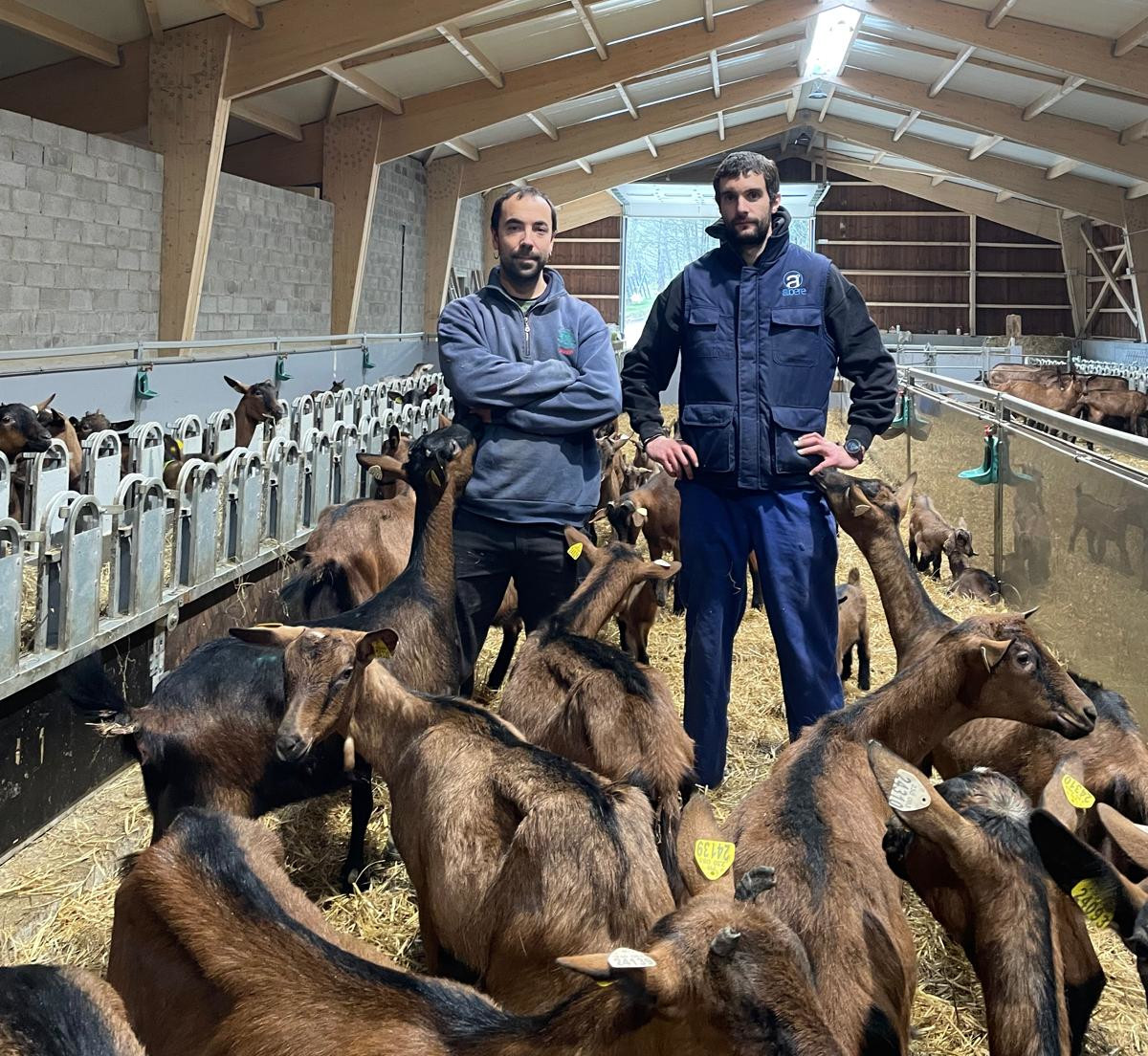"Ours is a test space for regenerative agriculture and for collective projects"
- In order to train us in agriculture and to test oneself in production and marketing before starting your own projects, several agricultural test points are already in place. In Álava, the Centro de Test Agrícola de Alea was launched in 2023, but, compared to most similar projects, the project has a particularity: “The Agricultural Test Points are aimed at attracting new people to the sector, and we also want to encourage people to agriculture, but not to any kind of production: our ultimate goal is to take steps towards a more sustainable food system,” explains Jon Ruiz de Infante, a technician at the Center for Environmental Studies CEA in Vitoria-Gasteiz. The project is part of the European project CROPS 4LIFE, which is supported by the Council, the City Council and other entities. The technician has pointed out that despite the fact that European aid is four years old, his intention is to keep looking forward.

The objective of the Aluna space is to promote projects based on these two criteria. “The members entering the test area receive a five-month training in the field of regenerative agriculture and then have a module for the creation of a collective project,” said the technician. They drive a collective model so that future production projects have not only economic viability, but also life viability. “Many experiences show that today it is very difficult to implement an individual project without giving up many other areas of life, which is why we want to promote cooperative and associative projects,” he says.
For example, the four people involved in last year’s promotion have launched a cooperative project. “The plots of Alekoko are located in Basaldea and in Monasterioguren, near Vitoria, where the participants carry out their projects.” Testers use project plots for a year, but they also have training, advice and follow-up. The guides are members of the Sustraiak Habitat Design and Basaldea projects, experts in regenerative agriculture. “Regenerative agriculture is focused on recovering the health of the earth and microbiology, it is a compact system that looks beyond production.” This year’s programme will start in February with a dozen people on board.
The direct selling platform is also underway
In addition to the implementation of the test area, the project is developing tools so that its members and any other producer can directly sell their products. “We’ve created a sales platform from the project, marketplace. In addition to the members of the test area, the platform is open to local producers so that they can sell their products in Vitoria-Gasteiz”. The platform is already underway, but it is in the testing phase and the intention of the drivers is to open it publicly in May. “The distribution cooperative Eramen is also part of the project, they are distributed by bicycle,” he added.
Duela lau urte abiatu zuten Azpeitian Enkarguk proiektua, Udalaren, Urkome Landa Garapen Elkartearen eta Azpeitiako eta Gipuzkoako merkatari txikien elkarteen artean. “Orain proiektua bigarren fasera eraman dugu, eta Azkoitian sortu dugu antzeko egitasmoa, bere izenarekin:... [+]
Donostiako Amara auzoko Izko ileapaindegi ekologikoak 40 urte bete berri ditu. Familia-enpresa txikia da, eta hasieratik izan zuten sortzaileek ile-apainketan erabiltzen ziren produktuekiko kezka. “Erabiltzaileen azalarentzat oso bortzitzak dira produktu gehienak, baina... [+]
Ubidekoak (Bizkaia) dira Imanol Iturriotz eta Aritz Bengoa gazteak. “Lagunak gara txikitatik, eta beti izan dugu buruan abeltzaintza proiektu bat martxan jartzeko ideia”, azaldu du Iturriotzek. Nekazaritzari lotutako ikasketak izan ez arren, baserri munduarekin eta... [+]
Iruñean bizi ziren Iñaki Zoko Lamarka eta Andoni Arizkuren Eseberri gazteak, baina familiaren herriarekin, Otsagabiarekin, lotura estua zuten biek betidanik. “Lehen, asteburuetan eta udan etortzen ginen eta duela urte batzuk bizitzera etorri ginen”, dio... [+]
Gipuzkoako hamaika txokotatik gerturatutako hamarka lagun elkartu ziren otsailaren 23an Amillubiko lehen auzo(p)lanera. Biolur elkarteak bultzatutako proiektu kolektiboa da Amillubi, agroekologian sakontzeko eta Gipuzkoako etorkizuneko elikadura erronkei heltzeko asmoz Zestoako... [+]
Emakume bakoitzaren errelatotik abiatuta, lurrari eta elikadurari buruzko jakituria kolektibizatu eta sukaldeko iruditegia irauli nahi ditu Ziminttere proiektuak, mahai baten bueltan, sukaldean bertan eta elikagaiak eskutan darabiltzaten bitartean.





















